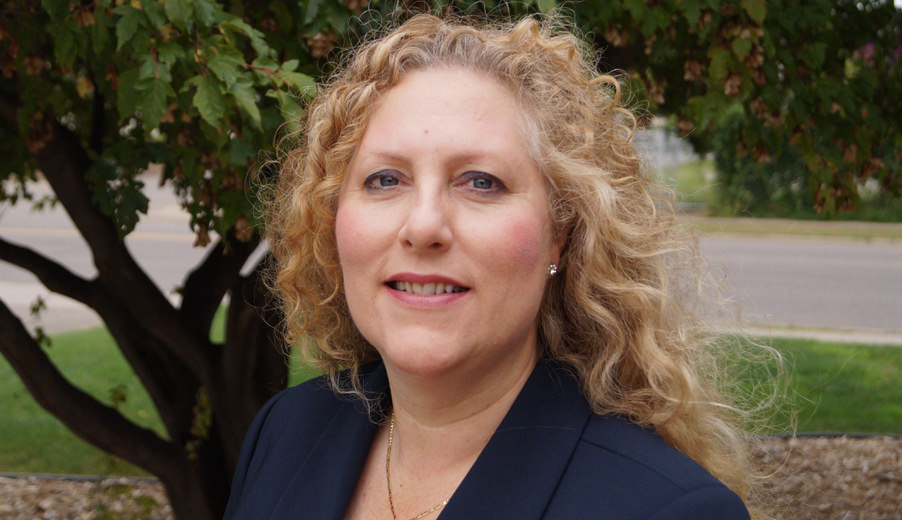Teresa

As a healthcare provider, I don’t believe the medical community should be involved with ending someone’s life.
Healthcare is about health and care; assisted suicide defies both. The medical community should not be in the business of writing off a person’s care in favor of assisting in death. Assisted suicide has an insidious effect on the family, friends, and society the person leaves behind. The physician and the pharmacist are also deeply affected. Many people forget all the people who are involved in physician-assisted suicide.
For example, a pharmacist usually has a role to protect providers and patients from prescriptions that cause harm. Assisted suicide would require a radical change in this focus. Who is at fault if a prescription is taken incorrectly or by the wrong person? Who will ask if the 60% who take the prescription truly wanted to take it, or will ask what more could have been offered in terms of healthcare options?
I am a nurse practitioner in geriatrics, which focuses on care for elderly people in the last stages of life. Many people who are unfamiliar with geriatrics see it as depressing field and don’t want to even think of it. Patients also can easily fall into despair if not helped to realize the peace and joy that can come from that which encompasses all aspects of a person: physical, mental and spiritual care, provided with love and respect. My job is to help persons through this journey, to maximize the functional state they deem most important to them, and provide mobility, comfort, and interaction with others. This can be done well with palliative care.
Palliative care provides physical, mental and spiritual comfort to those facing a terminal condition. Palliative care is also beneficial for people with chronic conditions who want to limit technical interventions, but it does not bar the use of curative treatments.
Palliative care helps the patient and his or her family and caregivers understand the disease process and prognosis, and identifies goals of care specific to the individual. The patient learns how the illness affects life, what technologies and care methods are available, and the risk/benefits connected with care options.
Palliative care, in a sense, is society friendly. It brings medical care back to the basics, focusing on communication and interpersonal relationships. It engages the family and caregivers, and can be quite healing, even in difficult circumstances.
Palliative care is becoming more available with most hospitals having teams, but we still have a long way to go for people to understand this option. Hospice is another program for those with terminal illness that utilizes this palliative approach to care options. When people are in pain or despair, more care is needed and these options can help meet those needs.
Wisdom and grace are attributes most people recognize as admirable, but often times they come from a period of struggle or challenges. We should nurture these finer pieces of our humanity, rather than cutting them off with an accelerated death. In the end, it is all about love, which is a sustained commitment of which both parties benefit. We are all infinite reservoirs of love, capable of grace, which makes us all dignified.
Some choices limit our freedom. Assisted suicide cannot be looked at as a truly individual choice. Assisted suicide has a deep effect on the families and caregivers of those who would make this lethal choice. Assisted suicide limits the freedom of the sick, elderly and poor, people who need laws to protect them, by fostering the sense that the lives of the most vulnerable do not have the same value as others.
Do we want to live in a society where we have to defend the most basic right to live for the most vulnerable, or one that has a supportive structure that sees the value and dignity of all people? I can only hope in this great state of Minnesota, known for some of the best healthcare in the world, that we work together to ensure real care for all citizens, especially the most vulnerable among us.